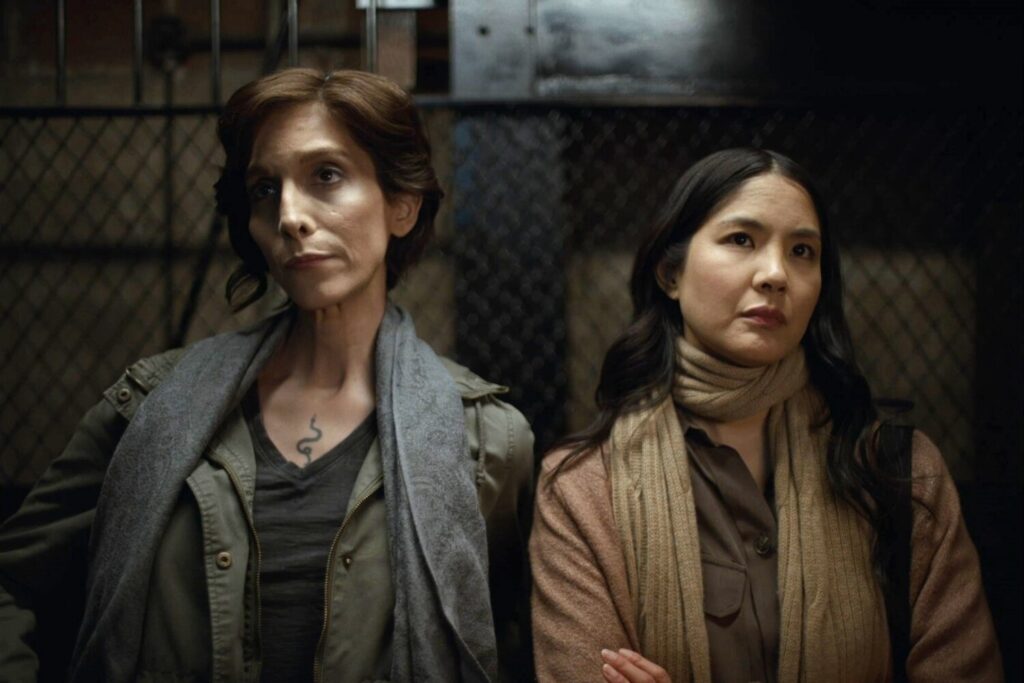The debut feature from filmmaker Mari Walker, “See You Then,” offers a simple premise: a reunion between two former lovers that takes place over the span of a single evening.
A decade after their abrupt breakup, Naomi (Lynn Chen) and Kris (Pooya Mohseni) decide to meet for dinner in hopes of catching up with each other. Kris has now transitioned and, while a great deal of their time together is spent retracing Kris’ personal narratives regarding her gender and sexuality, the pair touch on the common and disparate complications in their lives and relationships with equal measure.
Fittingly then, “See You Then” is sharp in its sense of relation and feeling. It understands the intricacies and vulnerabilities at play here and shapes them with a careful hand, navigating Kris and Naomi’s personal histories and politics with an emphasis on the ever human fault between understanding and experience. With shades of Linklater, we move from vulnerable to playful and back, oftentimes within the span of one beat. The film’s greatest achievement is the ease with which it traverses the delicate territory of its characters’ lives without losing the sense of a past both shared and fractured in memory.
Much like Kris and Naomi’s reacquaintance with each other — “See You Then’s” opening movements are slightly slow and a bit awkward. But by the time we reach the film’s explosive final scenes there is an understanding that only from a history of mutual care could such hurt arise as it does, quick, sharp and volatile.
Walker has built these characters up with kindness and understanding so that they may be able to finally and fully reveal themselves to each other.
‘See You Then’
Not rated
Running time: 1 hour 14 minutes
Playing: Starts April 1, Laemmle Glendale; available April 19 on VOD

